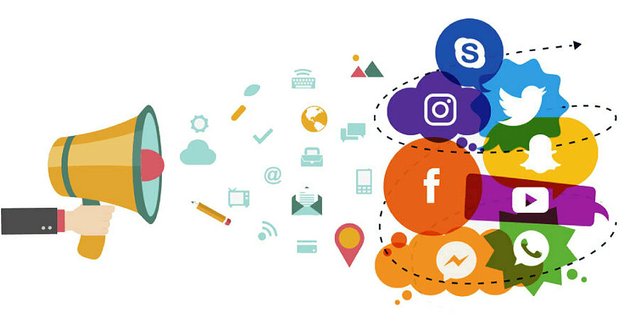Social media has transformed the way we communicate, socialize, and consume information. Platforms like Facebook, Twitter, Instagram, and TikTok have given us unprecedented access to a world of content and connections, but they have also come under scrutiny for their impact on mental health. In this article, we will explore the ways in which social media affects mental health, both positively and negatively.

On the positive side, social media can provide a sense of community and support, especially for people who are marginalized or isolated. It can also provide a platform for people to share their stories, advocate for causes, and connect with others who share their values and interests. Social media has been credited with helping people find jobs, mentors, and even romantic partners.
However, social media can also have negative effects on mental health. One of the most significant is the way it can contribute to feelings of loneliness and social isolation. While social media can help people connect with others, it can also lead to a sense of inadequacy or envy when people compare their lives to those of others online. This can lead to anxiety, depression, and other mental health problems.
Another concern is the impact of social media on body image and self-esteem. Many social media platforms are saturated with images of idealized bodies and lifestyles, which can be harmful to people who feel pressure to conform to these standards. Studies have shown that exposure to these images can lead to negative body image and even eating disorders.
Finally, social media can also be a source of misinformation and polarization, which can have a negative impact on mental health. Exposure to fake news, conspiracy theories, and divisive content can contribute to feelings of anger, frustration, and hopelessness.
In conclusion, while social media can have positive effects on mental health, it is important to recognize its potential risks as well. People should be mindful of their social media use and its impact on their mental health, and take steps to limit their exposure to negative content and behaviors. This may include setting boundaries around social media use, seeking support from friends and family, or even taking a break from social media altogether. By doing so, we can help ensure that social media remains a tool for connection and empowerment, rather than a source of harm.